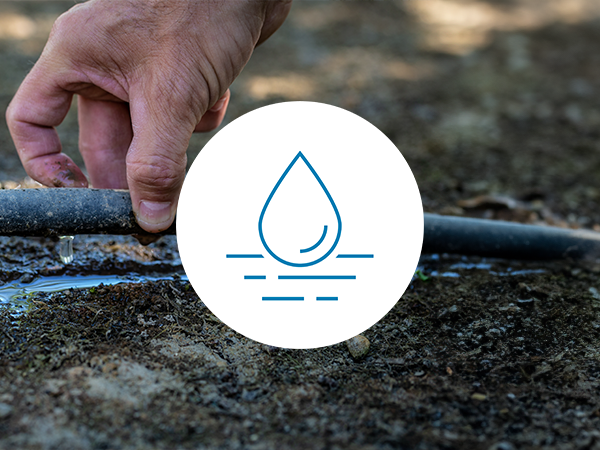Course Description
This session is divided into two parts. The first part focuses on the foundational knowledge of almond tree physiology and how management practices affect tree health and yield. The speaker explains the three primary factors determining almond yield: the number of flowers, the percentage of fruit set, and kernel weight, emphasizing the importance of maintaining healthy and fertile flowers, managing spurs to avoid alternate bearing, and balancing spur populations. In the second part, practical aspects of irrigation and management are discussed. Key factors influencing yield include nutrient deficiencies, diseases like hull rot, proper irrigation, and fruit set management. He highlights the significance of managing carbohydrate accumulation for optimal tree growth and yield, the impact of temperature and water stress on nut size and tree health, and the importance of regular water quality assessments. Effective irrigation techniques, such as using soil moisture sensors and pressure chambers, are recommended to ensure precise water application and enhance orchard productivity. The session concludes with practical steps for achieving efficient irrigation management and the importance of monitoring water quality and chloride levels in leaf samples.
Course Objectives:
After completing this course, learners will be able to:
- Understand the foundational knowledge of almond tree physiology, focusing on factors such as flower health, spur management, and balancing spur populations to influence almond yield.
- Identify the three primary factors that determine almond yield—the number of flowers, percentage of fruit set, and kernel weight—and their relationship to management practices.
- Recognize the role of nutrient deficiencies, diseases (such as hull rot), and fruit set management in almond tree health and productivity.
- Explore the importance of managing carbohydrate accumulation for optimal tree growth and yield, and understand the impact of temperature and water stress on nut size and tree health.
- Learn effective irrigation techniques, including the use of soil moisture sensors and pressure chambers, to ensure precise water application and improve orchard productivity.
- Develop strategies for efficient irrigation management, incorporating regular water quality assessments and monitoring chloride levels in leaf samples.
- Apply practical steps for managing orchard health through a combination of physiological understanding and precise irrigation management for improved yield and sustainability.

